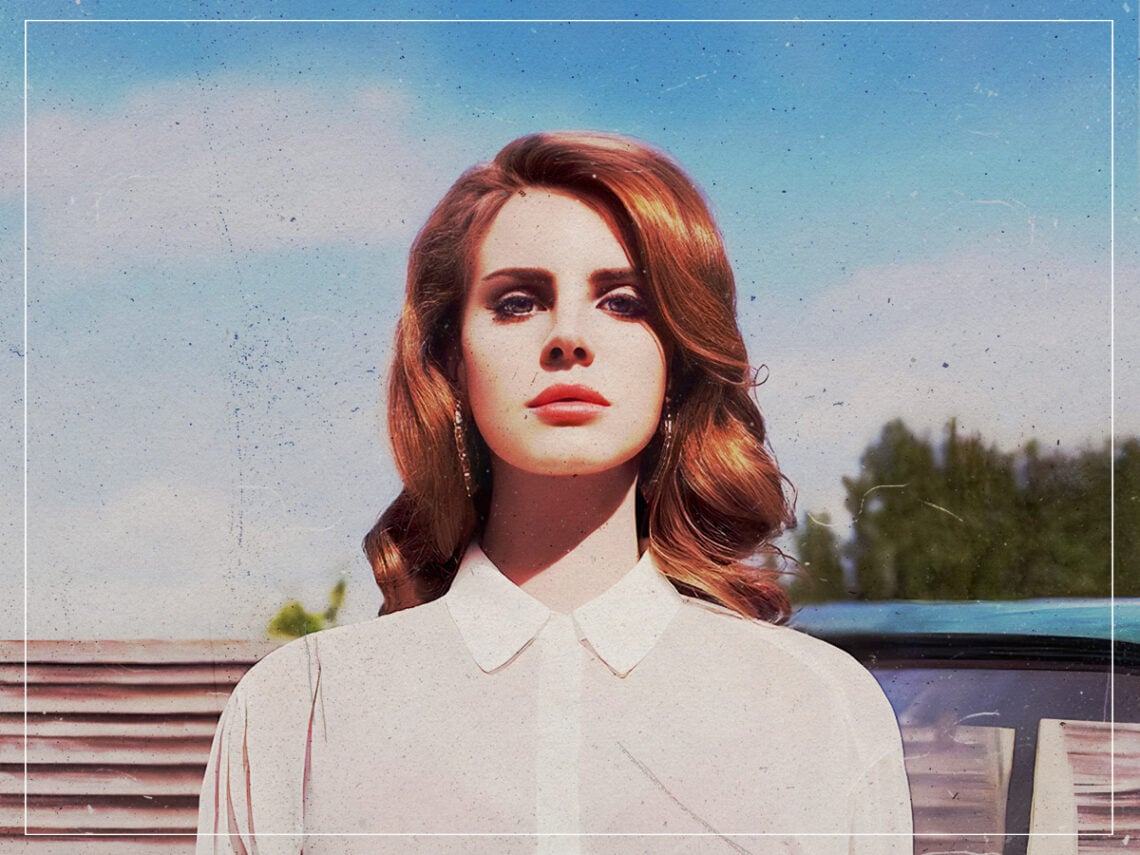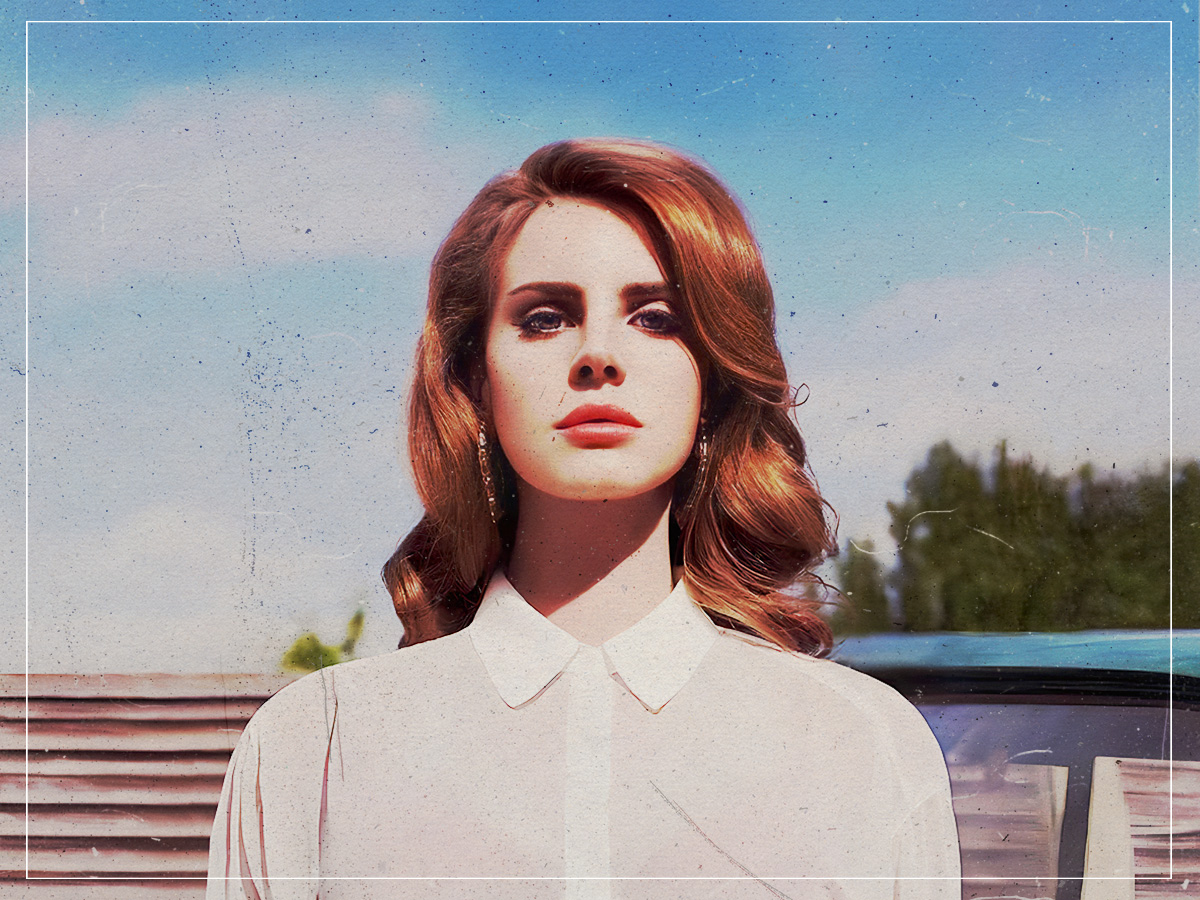
(Credits: Far Out / Polydor)
Mon 4 August 2025 4:00, UK
It’s not an overstatement to say that Lana Del Rey changed music forever.
To verify that, you have to look at the long queue of artists who have come after her, those who credit her for inspiring them to even start making music, or unlocking a whole new world of possibilities in that realm. She’s a pioneer, a phenomenon, but is she a chart topper?
In the future, when we look back at today and consider the most defining songs from each decade, Del Rey will undeniably be on the playlist. In the 2010s, ‘Video Games’ or ‘Born To Die’ have to be up there are two essential releases that not only launched the artist, but opened up a new chapter of wistful and deeply cinematic releases from women.
Tracks like that started a clear lineage that now includes the likes of Billie Eilish, The Last Dinner Party, Luvcat and beyond, but also stretches outward as Del Rey’s emergence and discography also changed the course that established stars were already taking. It led to Taylor Swift pivoting to more subtle works and eventually collaborating with Del Rey herself, or influenced people like Lorde, Marina and the Diamonds and even male acts like Father John Misty.
Sure, there were people making cinematic, emotionally poignant songs before, but Del Rey was instantly something different. When she appeared with her debut album, including its rich mix of literary and musical references and varied musical styles, from balladic moments to hip-hop beats, it was unlike anything else before and anyone else on the scene. But the problem with being a pioneer is that often, your effort goes underappreciated.
This has been a problem in Del Rey’s career from the beginning and one that has become increasingly frustrating for both the star and her fans. In 2020, she seemed to snap as she posted an open letter on her social media accounts, blasting the industry for not appreciating her.
“It’s been a long ten years of bullshit reviews up until recently, and I’ve learned a lot from them,” she wrote in a frustrated post that questioned whether her more limited commercial success was due to the themes of her work, or the perception of her brand as more passive compared to the confident, hyper-sexualised pop stars around her. The statement stirred debate at the time, but at its core, it expressed a pointed frustration: how can someone be seen as influential and still feel largely ignored?
This brings us to the central question: While Lana Del Rey is a cultural icon, has she ever been a chart topper?
Has Lana Del Rey had a number one?
While Del Rey has technically had a number one on local charts in Germany for ‘Video Games’, the big answer is no. Given that she’s never topped the Billboard 100 or the UK top 40 or any of the big, official charts, the simple prevailing answer is no, Lana Del Rey hasn’t been number one.
And that feels like a crime, especially when diving into the stats and realising that she’s never even really come close. Despite being a huge, decade-defining hit, ‘Video Games’ only landed at nine in the UK and a wild 91st place in the US. Flashing forward to more recent releases, while ‘A&W’ was a Grammy-nominated track that received overwhelming critical praise, its highest chart ranking was at number 41 in the UK.
That’s really the story of her whole career. Del Rey has a complex legacy of her commercial, critical, and cultural status being completely and utterly disjointed. While her debut made her an instant cultural icon, critics ripped it to shreds. When the critics finally caught up, her commercial success never really did, and even while music journalists got on side, awards bodies are still lagging behind.
And so while she doesn’t deserve to be given the level of impact she’s had, Lana Del Rey is perhaps the ultimate case study for the way chart and commercial performance don’t reflect culture.
Related Topics

